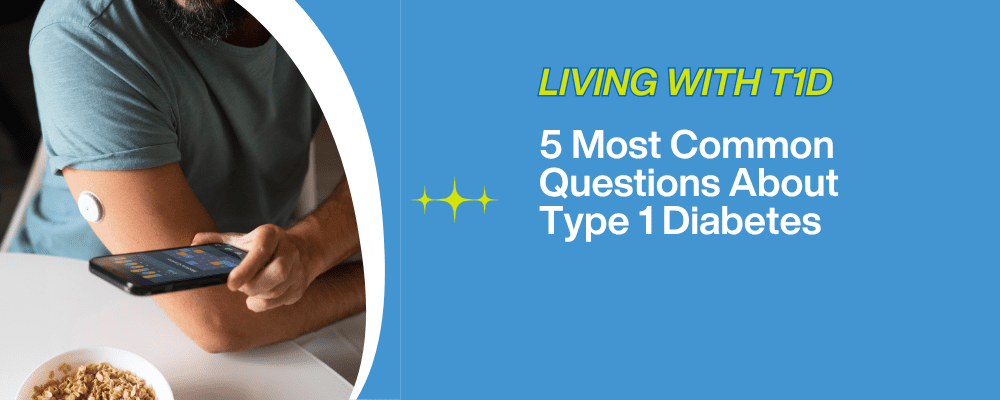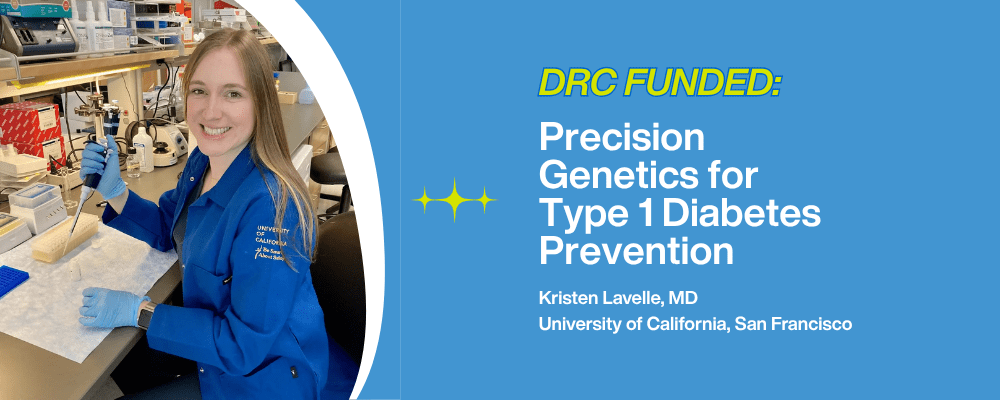Many people are aware of warning signs that their blood sugar is too low. They experience sweating, shakiness, hunger, or dizziness. They may also feel confused, sleepy, or weak. As a result, they eat or drink something to bring their blood sugar back up. However, some people with diabetes are unaware of the signs of hypoglycemia or low blood sugar – not that they don’t know what the symptoms are, they just don’t experience or perceive them. This can be dangerous to their health and well-being.
There are numerous risk factors for hypoglycemia including:
- Sleeping: Blood sugar may drop while sleeping and occur frequently enough that it alters their ability to detect symptoms while awake.
- Time: The longer someone lives with diabetes, the less sensitive they may become to low blood sugar. People who have used insulin for 20 years or more tend to be at greater risk.
- Age: Older adults may experience cognitive changes that affect their ability to recognize hypoglycemia.
- Exercise: Rigorous exercise can affect blood sugar levels up to 15 hours later.
- Alcohol: When the liver is occupied with processing alcohol, it may not be able to release glucose as effectively resulting in hypoglycemia.
- Prescription Drugs: Certain medications may affect a person’s ability to recognize symptoms of low blood sugar.
However, there are several ways to manage hypoglycemia unawareness and be proactive in keeping blood sugar in check.
- Testing blood sugar more frequently throughout the day can help individuals to recognize when their blood sugar is getting low so they can treat it early.
- Using a continuous glucose monitoring system (CGM) or automatic insulin delivery (AID) device can help with tracking blood sugar trends and administering or suspending insulin as necessary. This can help to achieve more stable blood glucose levels and reduce incidences of hypoglycemia.
- Using long-acting or fast-acting insulin analogs may help as well, especially at night and during meal times.
- Targeted training on improved insulin usage and how to be proactive in managing blood sugar can reduce risk. Working with a certified diabetes educator can be very beneficial in managing hypoglycemia unawareness.
Effectively managing blood sugar is an essential part of living with type 1 diabetes, but that can be difficult, especially with so many contributing factors and the fact that every person is different. That is what makes the work of the Diabetes Research Connection (DRC) even more important. The DRC provides vital funding for early career scientists to pursue novel research projects geared toward diagnosing, treating, and curing type 1 diabetes, as well as improving quality of life for individuals living with the disease. Their studies have the potential to make a difference in the future of type 1 diabetes care. Find out more about current projects and how to support these efforts by visiting http://diabetesresearchconnection.org.




